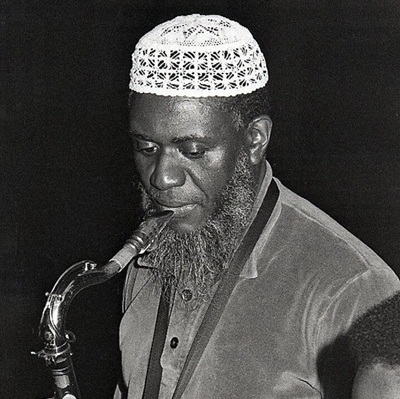Pantoum, Kissed.
The elderly woman, crippled, wrinkled and Sitting in her wheel-chair
was once a sex-symbol, just as wild as you are now
you, who look down upon her with your slim thighs and golden hair,
bubble-gum and smooth talk, look at her thick veins in dismay.
But she was once a sex-symbol, just as wild as you are now
followed by men, she’d see an elderly woman and with her
bubble-gum and smooth talk, look at her thick veins in dismay
and promise herself never to end her days like that and turn back to the men.
Followed by men, she’d see an elderly woman with her
thick glasses and wooden cane, barely able to find her way
and promise herself never to end her days like that and turn back to the men
who are always busy cracking jokes about that same old woman.
With her thick glasses and wooden cane, barely able to find her way,
she had decided, after years of contemplation to turn her back on the men
who are always busy cracking jokes about that same old woman
and found a new set of men whom she never had known.
She had decided after years of contemplation to turn her back on the men
who had loved her when she was young but betrayed her as she grew old,
who are always busy cracking jokes about that same old woman
as she sits once again down, to her double latté, alone, under the sun, kissed.
Pariah
At night, flooded in his
own dreaded sweat, he
dreams of Colombo.
His older brother follows the
river with him swaying upon
his back, dips
him in the more shallow parts
lets him linger a moment until
he is done. They speak in foreign
symbols, a forgotten language, ancient
Tamil. He asks for food he can barely
digest. His brother collapses out of
thirst and hunger, beneath the weight of
him. Here in downtown Odense, where he
now lives, he hears the alarm clock ring and
his stomach makes a summersault. He is known
as “darky” amongst the other kids, where the
population is approximately 166305, the unemployment
rate the topic of conversation. Between breaks,
they tie him to the flagpole and try to make understand
that he is not one of them and never will be. As he is levitated into
the air, the laws of gravity defying him, he swears he
will become better than anyone in this country, at anything,
speak the language fluently and become famous
on television. He will not disappoint this, his new nation.
He will not let his fellow countrymen down.
_____
About Nina Sokol
Nina Sokol is a poet and translator, and is in the midst of translating a series of plays and poems by contemporary Danish writers. She holds a Master’s degree in English from Copenhagen University.
Her poems have been translated from English to Danish by the Danish writer Niels Svarre Nielsen for publication in the near future, and she was a grant poet-in-residence at The Vermont Studio Center for four weeks in April 2011. She also attended The Bread Loaf School of English during the summer of 2012.
Most recently she received a grant from the Danish Art’s Council and The Danish Writer’s Guild to translate several modern Danish plays from Danish to English.
Her poems have received honorable in The Emily Dickinson Award for Poetry many years ago, and have appeared in the anthology “The Write Stuff” and most recently in “Ardent: A Journal of Poetry and Art.,” “Nite Writers International Literary Arts Journal,” “Convergence” and “Eye on Life Magazine.”















































Your first poem “Kissed” is well interlaced. The poem’s recurring subject matter plays nicely with the repetitive style of the pantoum, and though pantoums are not an easy form to write, you handled your task admirably.
“Pariah,” on the other hand begs pertinent questions, offers detail that go nowhere and side-tracks readers, creating confusion for reasons you don’t substantiate. The result is a disjointed effort that leaves the reader wanting and hinders the direction and flow of your work. Perhaps you know the characters and scenes you wrote about, but your readership does not have your intimate knowledge and interest. A better treatment would have been to trim the excess that is not relevant to your work or make it a longer poem and explain why you included some of the stray details. Make your reader want to know and care about your characters and their troubles.